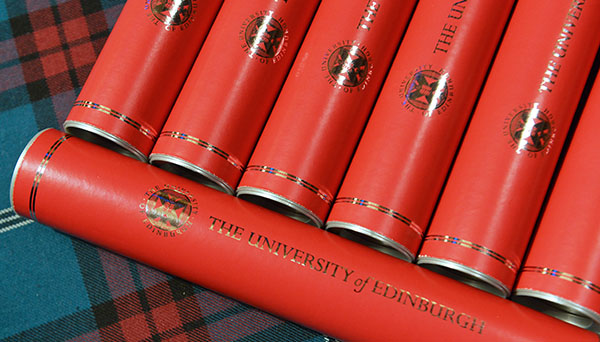Considering graduate study?

After four years of study, why would you want to do more? One of our Student Ambassadors, Alfie, has some thoughts.
An undergraduate degree at university is a significant commitment. Time, money, not to mention a lot of concerted effort to complete whilst juggling a variety of other elements of life. So, when considering the option to go into another degree after undergraduate, it’s natural to be nervous. The prospect of another year – or even longer – of study with all the accompanying costs and issues attached can be a frightening consideration for anyone. So why do it?
It is, of course, worth noting that academic study is not for everyone. If you’ve got a real knack for academic work and a passion for a specific research topic or want a job in an industry that requires a specific postgraduate qualification, it may be a good choice for you. Having a suitable research direction in mind will likely be important when looking at programmes and for research programmes such as an MRes or MPhil it will be integral to the application process. For taught courses, such as an MSc or an MA, a focus on skills development and personal qualities will take a precedent. Knowing how to market yourself, be it for your passions or your skills, is a key element to any application.
A graduate degree is a fantastic opportunity and can give you the chance to develop new skills for the workplace, academic or otherwise, but it’s worth remembering that it will come with additional responsibilities. The workload for a postgraduate degree is significantly higher than the average year of an undergraduate degree, and there are often more complicated matters regarding funding. Loans and scholarships are available, but the former can be costly in the long term and the latter are never guaranteed when you begin your application. Don’t let this dissuade you if you’re particularly passionate about a certain topic, just bear in mind that there are more funding processes to apply to, and this kind of research is worth doing at an earlier stage.
The graduate application process itself can be tough. Between rejections, cancelled courses and funding issues, it can feel hard to bounce back. Personally, I found that losing out on my desired graduate course to cancellation was a very hard moment, but I was able to find an alternative that I’m happy with as it allows me to pursue a personal research project. This was all made easier due to my research into graduate schemes starting early in the year, around the summer before classes start. It’s around this time that graduate degrees will have requirements updated for the new term, and it’s from here that you can make the best of time off from university to begin your search for graduate study options in honest.
So graduate study is a great opportunity for the right candidate that offers a bridge into professional development or further academic growth, and is a very viable choice following an undergraduate course. Just don’t feel like it’s either a guarantee or a necessity.
If you are considering postgraduate study the School of History, Classics and Archaology offers scholarships for Masters and Phd programmes – more information



